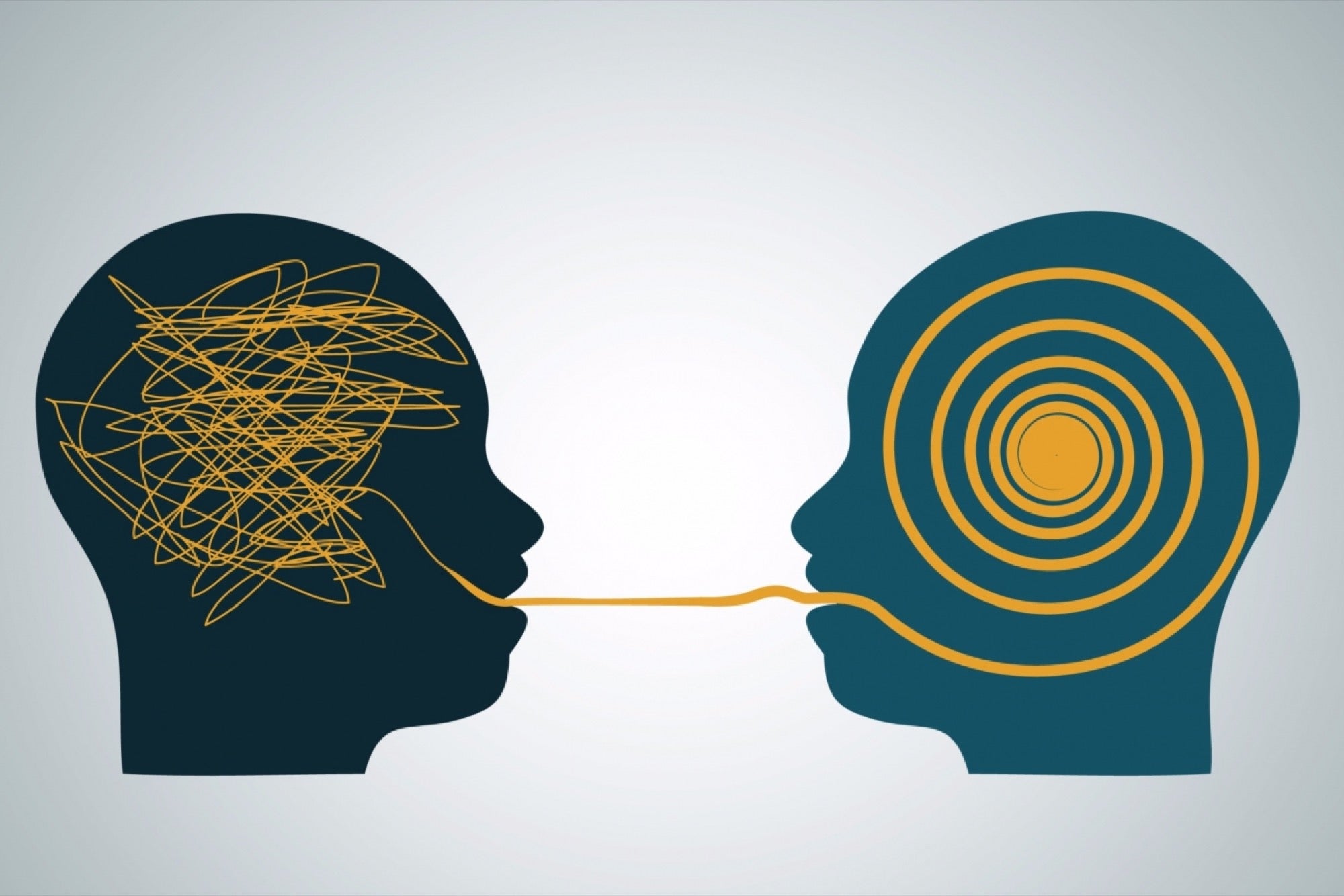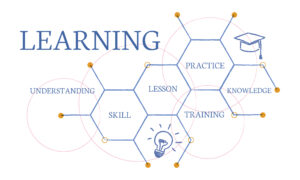Emotional Intelligence Coaching is perceived as far more positive and appropriate than anger management classes or counseling. Professionals such as physicians are reluctant to seek psychotherapy for anger. In addition, there is concern over being defined as angry since such a label implies psychopathology and can risk career derailment for physicians.
Traditional anger management counseling includes Cognitive Behavioral Therapy and other clinical techniques to âtreatâ anger. Since anger is not considered a mental illness (DSM-5), there is no evidence that any of these interventions are appropriate.
In contrast to counseling or psychotherapy for anger management, emotional intelligence coaching includes a wide range of intra and interpersonal relationship competencies. Some of these skills are self-awareness, self-control, social awareness, relationship management, empathy assertive communication as well as flexibility and stress tolerance.
Major providers of coaching, training and continuing medical education for physicians are rapidly moving towards skill enhancement coaching in emotional intelligence for impulse control. EI coaching with pre and post assessments is evidenced based for each coaching client. Therefore itsâ impact on interpersonal relationships are greatly enhanced. This is now the treatment of choice for âdisruptive behaviorâ.
The EQ-i-2.0 Assessment that is used in these coaching programs offers a Leadership or Workplace Report. Ancillary coaching curricula is used in these programs with a focus on the skills in which the client scores in the low range.
George Anderson, MSW, BCD, CAMF



